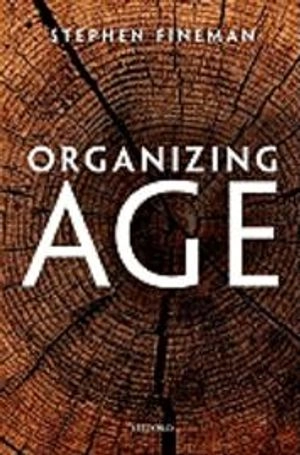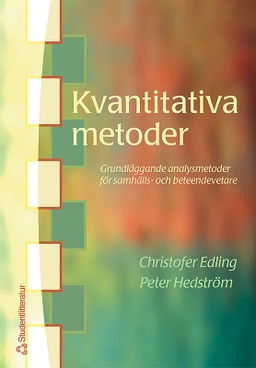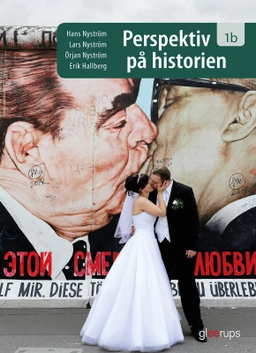Age is the silent shaper of work organizations and their human resource practices. It has become a potent feature of how society is structured and how it views itself. Age assumptions mould the behaviours of young and old alike, and are used as political tools by policy makers and managers. Organizing Age asks the perennial question - can age ever not matter? Drawing on range of social scientific and popular writings, this book casts a critical eye over the social construction and politicization of age in and beyond organizations. Amongst other topics, it discusses: the historical roots of age in society; how we 'perform' our age in different settings; the social impact of defining age groups as generations; ageism; the effect of an age-cluster on an organization's processes and members' experience; the rituals of retirement and the birth of the retirement industry; the impact of economic recession in challenging some of our assumptions about age; and the increasing politicization of the growing 'grey' population. Organizing Age provides an accessible introduction to the current and emerging themes around this topic, which will be an invaluable resource for students, academics, and policy makers.
Åtkomstkoder och digitalt tilläggsmaterial garanteras inte med begagnade böcker





















